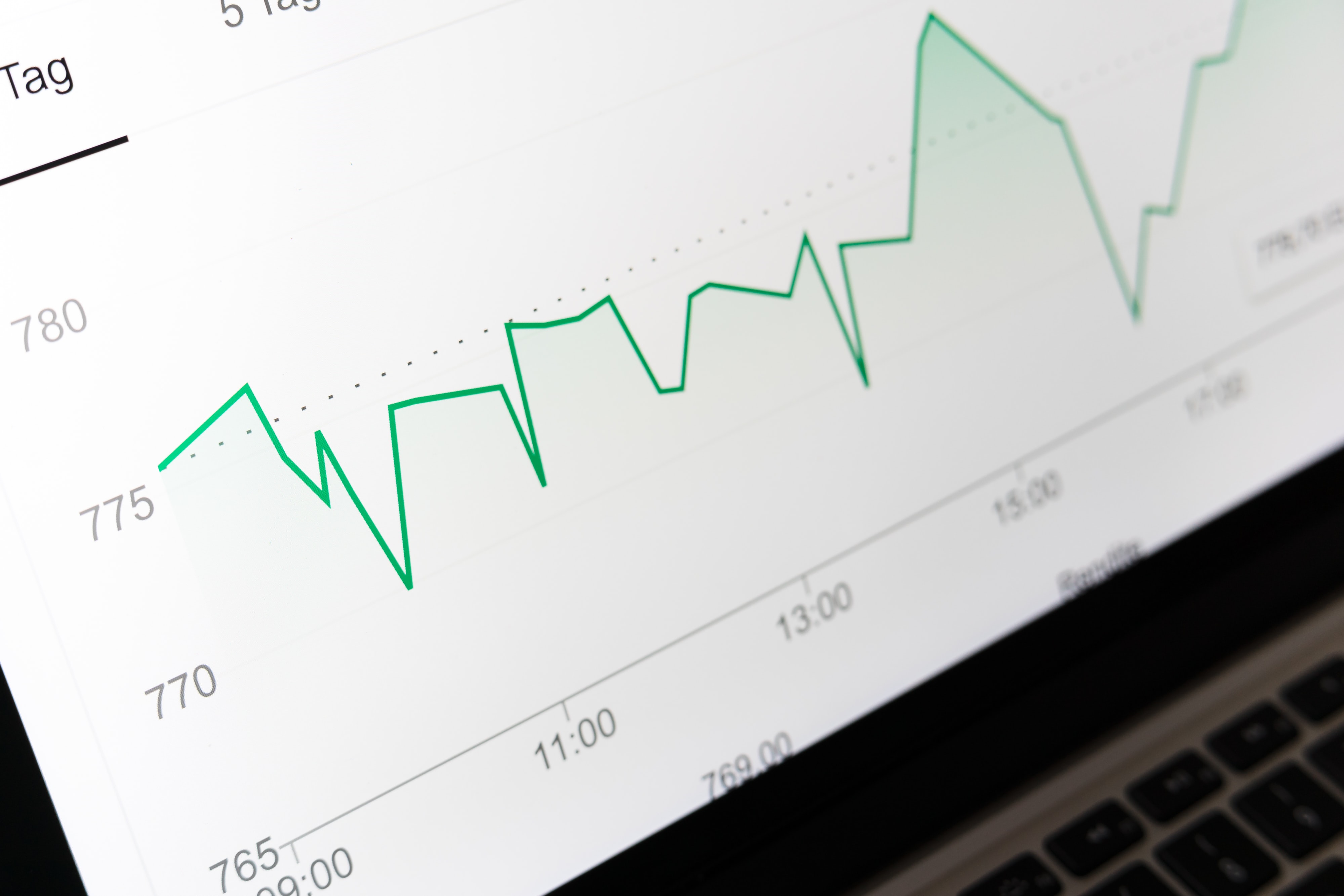Posted: 16 May 2022
A market for renewable energy

The 10th edition of the REC Market Meeting took place on April 5th and 6th, it is the international conference of experts on renewable energy markets. It was held in Amsterdam, finally in presence after two years of virtual meetings due to the pandemic. The RECS (Renewable Energy Certificate System) is an international program aimed at the promotion, recognition and economic support of electricity produced from renewable sources through the marketing of related certificates. The conference, which was already sold out weeks before the start date, was a great success with the participation of 470 delegates from 46 countries including Europe, Asia, Africa, America and more than 50 speakers. What started in 2011 as a restricted European meeting between just a few representatives, over the years has become one of the largest and most recognized conferences in the field of renewable energy markets.
Policy makers, market players, NGOs, academics, all have been waiting for this conference to gather information, share expertise, strengthen networks, present the latest market developments and understand the needs of the demand side and possible solutions from the supply side. Representatives from the European Commission, the United Nations Framework Convention on Climate Change (UNFCCC), the European Energy Exchange, WWF, and operators of consulting, certification, brokerage, management and electricity supply agencies all had a chance to speak. Many topics were addressed during the meeting. A number of sessions were devoted to share the basic information regarding the REC system, in order to better engage with delegates relatively new to the scheme.
An overview was given of the three main types of certificates, matters related to the issuance, cancellation, and expiration of certificates, similarities, differences, and interactions between them. The benefits of the use of certificates, tracking and reporting systems, and trading methods were discussed; all within the European legal framework for regulating the system and the roles of key players. In fact, there are various types of certificates, depending on the purpose, the process for obtaining them and the countries in which the company operates. There are I-REC certificates, for renewable energy produced in non-EU countries, RECs, for production in the USA and Canada, and finally GOs, Guarantees of Origin, for European plants.
In the United States, Europe and Australia there are both compliance and voluntary markets; the first is aimed at electricity distribution companies, while the second is generally open to all kinds of companies. In fact, one of these sessions was devoted to the role of certificate marketing in providing additional income to renewable energy producers, while also supporting the development of new plants. Other discussions dealt with the analysis of the certificates market, tracing a temporal evolution and defining possible future scenarios with volumes and prices. Other sessions analysed the implications of the Brexit on this market, the growing development of the renewable energy market in Southeast Asia through the I-REC system and an in-depth analysis of the European GO market in Germany. A specific session during the meeting was also dedicated to the need for comprehensive information in the certificate market. This ensures that all consumers know how the energy they are using was generated and where it came from and is a key step towards increasing consumer choice towards renewable energy.
The underlying issue that emerged from the meeting was in fact the need to increase the demand for renewable energy using the certificate system as a strategy to promote energy transition and independence and combat climate change. The urgency of decreasing, up to zero, the use of fossil fuels and the need to find an alternative solution to dependence on Russian gas, will make renewables the most attractive peaceful weapon in the near future. The REC system fits perfectly into this context, making it possible, through the use of market instruments, to increase the share of energy produced from renewable sources in the world. In the same way, the need to represent and bring together the actors of the electricity market in periodic international meetings becomes evident, with the stated aim of creating an open, harmonious and transparent market for renewable energy.
In this sense, the REC Market Meeting turns out to be a meeting of fundamental importance. We look forward to next year's meeting, which will be held on April 25 and 26, again in Amsterdam.